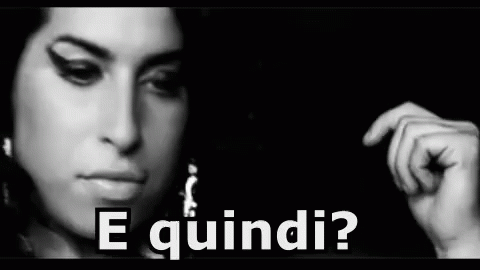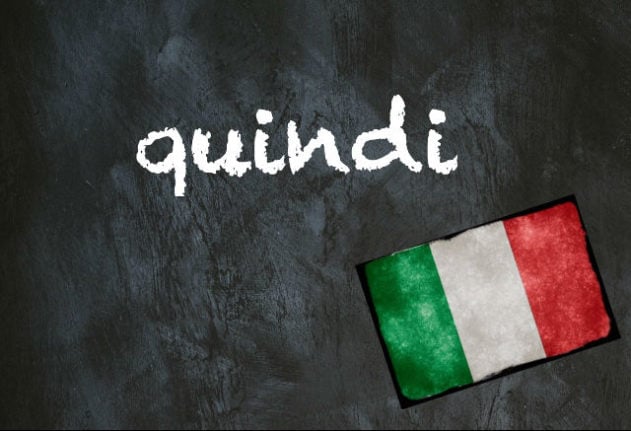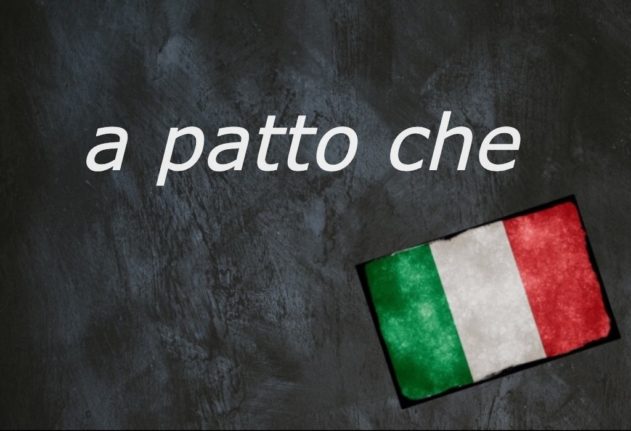Listen to Italians talking for more than a minute and you’re sure to come across quindi.
Don’t be fooled: it has nothing to do with the number 15 (quindici) and everything to do with helping your speech flow.
This little word has two main meanings. The first is ‘so’, or more formally, ‘therefore’.
Sta per piovere, quindi portati un ombrello.
It’s about to rain, so take an umbrella.
Si tratta quindi di una questione della massima importanza.
It is therefore a matter of the greatest importance.
Penso, quindi sono.
I think, therefore I am.
You might hear people ask: “E quindi?” – ‘So what?’ or ‘What’s your point?’, usually said a touch sarcastically.

Its second main meaning is ‘then’, ‘next’ or ‘afterwards’.
Ho cenato, quindi sono uscita.
I had dinner, then I went out.
Aggiungete l’acqua alla farina e quindi iniziate ad impastare.
Add the water to the flour and then start kneading.
Continuare diritto, quindi girare a destra.
Keep going straight, then turn right.
More than anything, when you’re speaking informally quindi is a really useful word to help you follow on naturally from one phrase to the next – very close to the way we use ‘so’ in English.
Don’t be afraid to use it at the start of a sentence…
Quindi, ricapitolando…
So, to recap…
Quindi alla fine, si è risolto tutto.
So ultimately, it all worked out.
… and you can even trail off with it to leave something implied but unsaid.
Grazie per l’invito ma sono piuttosto stanca, quindi…
Thanks for the invitation but I’m kind of tired, so… [no].



 Please whitelist us to continue reading.
Please whitelist us to continue reading.
Member comments